Deborah Latz - Lifeline (2008)
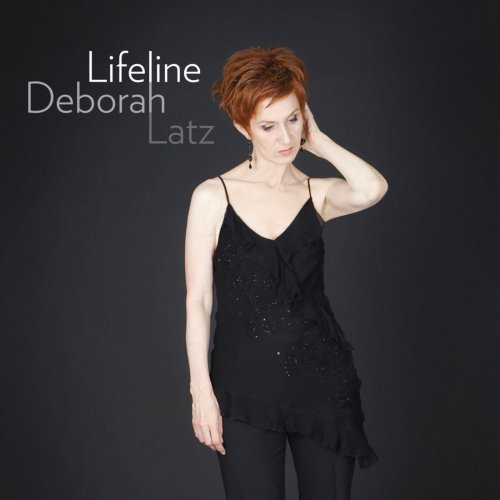
Artist: Deborah Latz
Title: Lifeline
Year Of Release: 2008
Label: June Moon Productions
Genre: Vocal Jazz
Quality: flac lossless
Total Time: 01:01:07
Total Size: 329 mb
WebSite: Album Preview
TracklistTitle: Lifeline
Year Of Release: 2008
Label: June Moon Productions
Genre: Vocal Jazz
Quality: flac lossless
Total Time: 01:01:07
Total Size: 329 mb
WebSite: Album Preview
01. Les Feuilles Mortes
02. I Get Along Without You Very Well
03. Witchcraft
04. Tea For Two\Day In Day Out
05. Make Someone Happy
06. Jump In
07. Waltz For Debby
08. My Favorite Things
09. Que Reste-t-il De Nous Amours
10. Donґt Explain
11. The Sweetest Sounds
12. I Didnґt Know What Time It Was
13. How Deep Is The Ocean
14. La Vie En Rose
For her second CD, N.Y.C. jazz vocalist Deborah Latz is thankful to be living as a survivor, both on a physical and artistic level. Lifeline is a recording that celebrates existence, post-heartbreak, seasonal or emotional changes, and the joy of having a pulse. Most of the tunes are standards, with some lyrics sung in French. There's a short combo medley of "Tea for Two/Day In -- Day Out," some competent, at times effervescent scat tossed in, and one original. Her voice as the vehicle of telling these tales is clear, flexible, within a controlled range, and not overblown or wimpy. She's actually quite good weaving her way through stories of the human condition without being cute, phony, or kitschy as too many others, but so honest and real. Daniela Schächter plays the piano, and she's a true jewel, easily wending her way through these songs with an individuality that eclipses whatever influences she might brandish or admit. Though not obviously evident, it's clear she's heard her share of Bill Evans, McCoy Tyner, and Chick Corea, copping none of their patented clichés. Bassist Bob Bowen and drummer Elisabeth Keledjian are supple supporters and uniquely qualified to make great music on their own -- one would like to hear this trio break out on their own. The cherry on top is tenor saxophonist Joel Frahm, ever emerging into one of the top players on his instrument in a post-Michael Brecker style. His fluid and poignant shapings of melody and sound contribute exponentially to the inspiration quotient of the whole ensemble when he get his chances for break points. "I Get Along Without You Very Well" is the ultimate song of abject detachment, a lie to one's self, as Latz effectively flattens the vibrato of overtaxed affectation. There's a bit of studio echo in her voice on "Witchcraft," where Bowen's bass intro evokes the spare sound of seduction. The original "Jump In" is her personal tale of near tragedy, hanging on a thread of hope in stormy seas of survival in a upbeat tempo with Frahm righting the ship from the beginning. "My Favorite Things" is the most starkly modified track as Bowen borrows a bassline from "Song for My Father" in a tick-tock bossa nova beat that allows some brawny scatting from Latz. Schächter's most compelling piano playing is heard on "I Didn't Know What Time It Was," where her modal montuno phrasings steal the show. She's also the pianist's equivalent of a tiny dancer during "Waltz for Debby," as Latz takes the song of her namesake personally, remembering the travails of a young girl's innocence and fascination with the world at large. Of the three selections sung completely in French, there's "Les Feuilles Mortes," translated as "The Falling Leaves" though musically it's a parallel to "Autumn Leaves" with another nice piano accompaniment from Schächter, the song of loss and regret "Que Reste-T-Il De Nos Amours," and the classic Edith Piaf closer "La Vie en Rose" in a piano/vocal duet. The concept of Latz is encompassed in her version of "Make Someone Happy," as the lyric wisely says "make just one someone happy, and you will be happy too." It's clear while reaching for that elusive, impossible golden ring of jazz perfection, she's satisfied being who she is and who she is performing with. We should all be so lucky to have lifelines like that.
![Ex Novo Ensemble - Claudio Ambrosini: Chamber Music (2020) [Hi-Res] Ex Novo Ensemble - Claudio Ambrosini: Chamber Music (2020) [Hi-Res]](https://img.israbox.com/img/2026-02/22/z541qb9ul4q390uxlw1d9iak3.jpg)
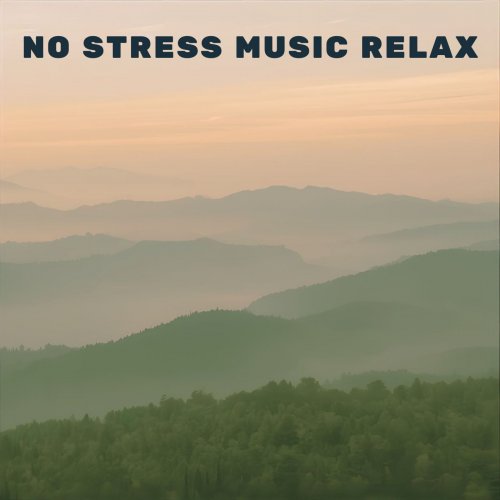
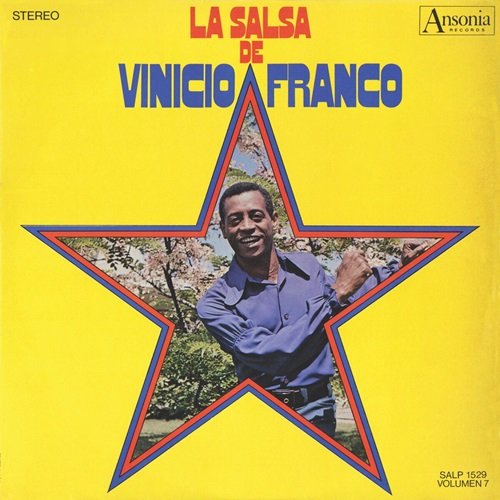
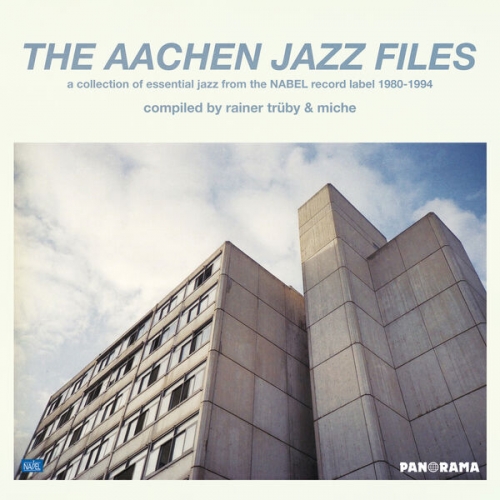
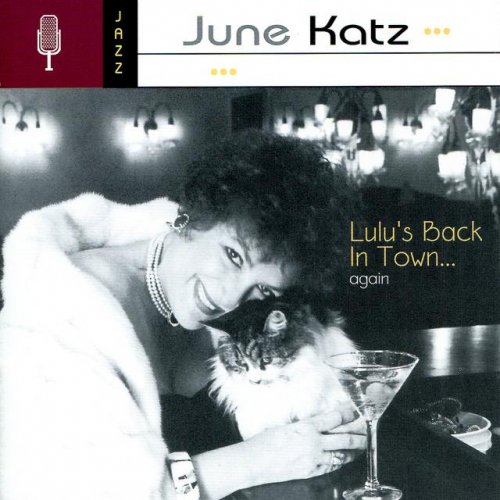
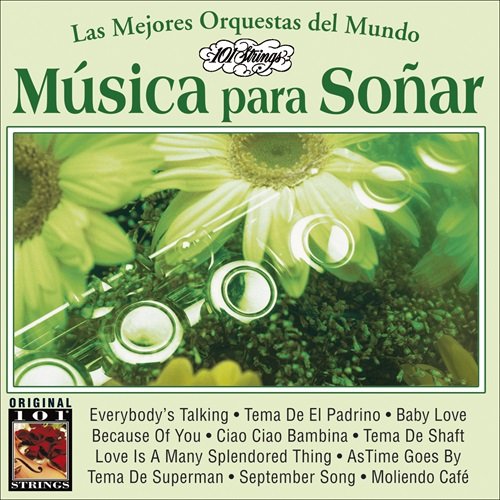
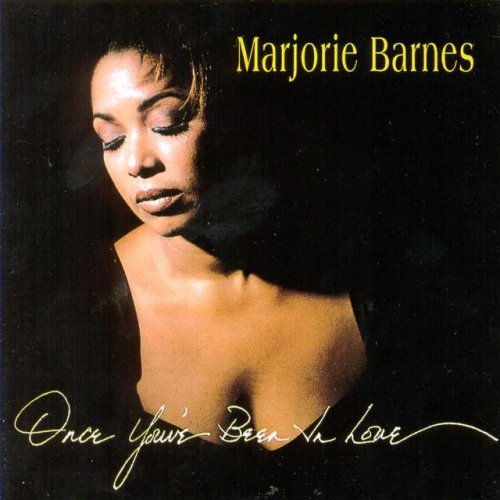
![Alcides Neto - Amú (2026) [Hi-Res] Alcides Neto - Amú (2026) [Hi-Res]](https://img.israbox.com/img/2026-02/26/mtckmw6jmvula60sukh6h3h26.jpg)
![Double Drums, Philipp Jungk & Alexander Glöggler - All You Can Beat (2026) [Hi-Res] Double Drums, Philipp Jungk & Alexander Glöggler - All You Can Beat (2026) [Hi-Res]](https://www.dibpic.com/uploads/posts/2026-02/1771946421_folder.jpg)